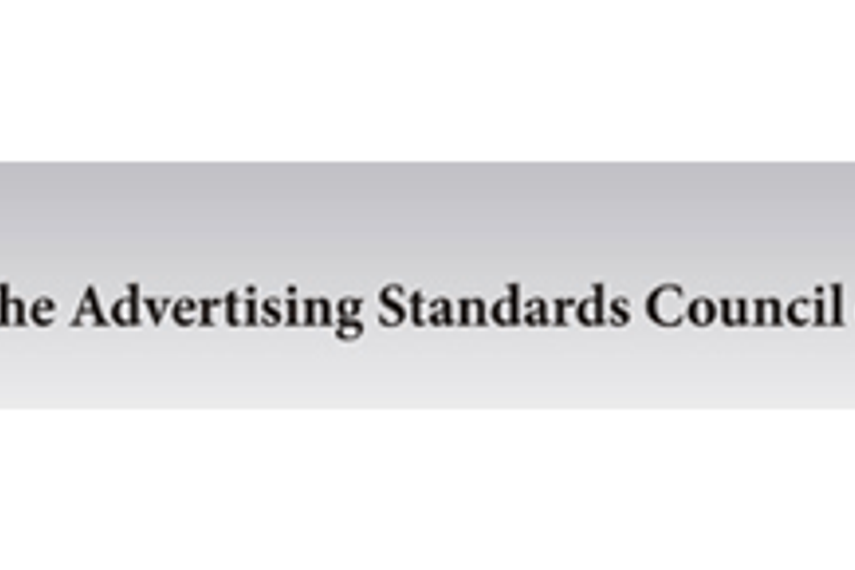
Advertising Standards Council of India (ASCI), the apex self-regulatory body of the Indian advertising industry, will introduce a new set of advertising guidelines for the educational sector. The new advertising content guidelines will apply to ads of all educational institutions, coaching classes and educational programmes. The draft of the guidelines has been put up for review, feedback and suggestions on ASCI’s official website - www.ascionline.org. The Council has called its members, educationists, institutions and the general public to send in their suggestions and feedback on the proposed guidelines by Monday, September 6, 2010 to The Secretary General of ASCI on email ids [email protected] and [email protected].
A release by ASCI says, "The new set of guidelines takes note of the fact that a significant amount of advertising activity is currently happening in the education sector, reflecting the vast variety of educational programs being offered in the country. According to the recent ADEX report, advertising by educational institutions has gone up by leaps and bounds. Last year’s figures show that 8% of all advertising expenses in print media came from the educational sector."
According to Prof. Dhananjay Keskar, ASCI’s chairman and director, IBS Pune, who also heads the committee for drafting the guidelines, “ASCI recognizes the role of educational institutions in building the country’s intellectual capital and the value parents place in them for getting the right education for their children. Unlike other tangible products and services, the value of education and training programs can only be judged by degrees and diplomas, which are advertised in a variety of ways. ASCI realises that a variety of these claims in advertisements need to be regulated through a set of guidelines tailor-made for the education sector.”
The proposed advertising guidelines for educational institutions, among other things, prohibits institutions and programs from claiming recognition, authorisation, accreditation, or affiliations without having proper evidence. The proposed guidelines also require that name and place of the affiliated institution which provides degrees and diplomas on behalf of the advertiser who may not be accredited by a mandatory authority, is also prominently displayed in the ad.
Under the proposed guidelines, educational institutions will not be able to promise jobs, admissions, job promotions, salary increase, etc. without substantiating such claims and also assuming full responsibility in the same advertisement. The proposed guidelines discourages institutions from claiming success in placements, student compensations, admission to renowned institutes, marks and rankings, and topper student testimonials unless every such claim is substantiated with evidence.
“Recently, ASCI has been receiving several intra-industry complaints against claims being made in ads of various educational institutions. Many students and parents too have complained to ASCI against claims made in advertisements by educational institutions,” added Keskar.
After September 6, 2010, and based on the feedback received from the public and concerned stakeholders, the ASCI Committee will finalise the guidelines and put it up for ASCI Board’s approval. Once the Board approves the final draft, the guidelines will become a part of the ASCI’s Code for Self Regulation in Advertising.
Notably, the subject of advertising in educational sector was discussed in the recently held ASCI’s ‘Seminar on Marketing Responsibly’. An eminent panel of professionals and educationists had underlined the need for special guidelines for regulating advertising in the education sector in India along the lines of Self Regulatory Organisations (SRO) around the world such as in South Africa and Brazil.
In the recent past, ASCI has put out specific guidelines for advertisements in the automobile and food & beverage sectors.


.jpg&h=334&w=500&q=100&v=20250320&c=1)
.jpg&h=334&w=500&q=100&v=20250320&c=1)
.jpg&h=334&w=500&q=100&v=20250320&c=1)
.jpg&h=334&w=500&q=100&v=20250320&c=1)
.jpg&h=334&w=500&q=100&v=20250320&c=1)
.jpg&h=334&w=500&q=100&v=20250320&c=1)
.jpg&h=334&w=500&q=100&v=20250320&c=1)
.jpg&h=334&w=500&q=100&v=20250320&c=1)
.jpg&h=334&w=500&q=100&v=20250320&c=1)

.jpg&h=268&w=401&q=100&v=20250320&c=1)
.jpg&h=268&w=401&q=100&v=20250320&c=1)
.jpg&h=268&w=401&q=100&v=20250320&c=1)


.jpg&h=268&w=401&q=100&v=20250320&c=1)
.jpg&h=268&w=401&q=100&v=20250320&c=1)

